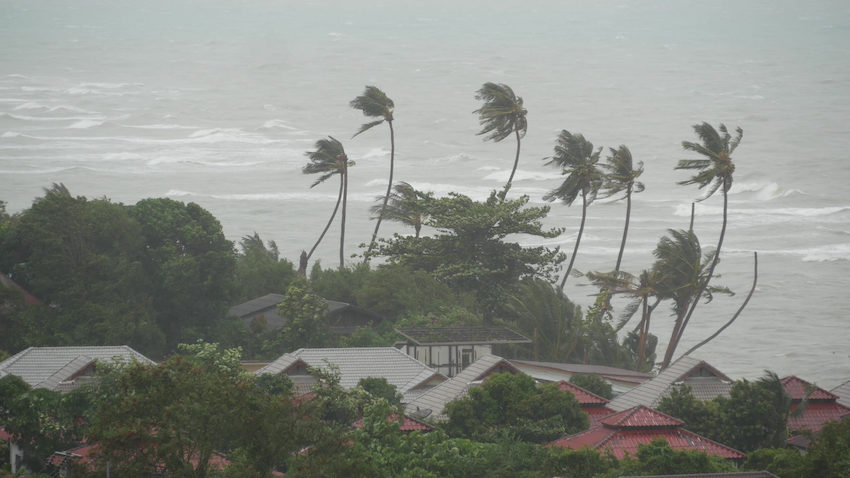The ship, the students, the chief and the children
Defying the fossil-fuel order
Featured in

- Published 20240206
- ISBN: 978-1-922212-92-4
- Extent: 203pp
- Paperback, ePub, PDF, Kindle compatible


Already a subscriber? Sign in here
If you are an educator or student wishing to access content for study purposes please contact us at griffithreview@griffith.edu.au
Share article
More from author

The trick that tells the truth
Non-fictionAs subjects of late capitalism, we’ve become inured to the amoral cynicism inherent in relentless corporate marketing; yet both the good faith of our human nature and the susceptibility of our lizard brains ensure that we also remain receptive... In 2020, the disjunction between AGL’s public relations and the truth of the company’s business practices was highlighted and ridiculed in the public realm, ending in a court case of profound significance on Australia’s twisted road to belated action on climate change.
More from this edition

Apocalypse, then?
FictionWriting took almost everything from me. Most afternoons, I’d arrive home from teaching classrooms of uninterested students, have a little Henry time, defrost a ready-to-eat supermarket meal, open a bottle of shiraz and write until midnight. Most weekends, I’d start writing once the hangover wore off, break for lunch, and then write again until dinner. It wasn’t just punishing on my physical health, it ruined my relationships, most recently with Greg, who said I’d die miserable and alone if I maintained my grim routine. And for what? The occasional acceptance from an obscure journal read by twelve other short-story writers?

Lines of beauty
In ConversationI studied printmaking because in the mid-’90s there wasn’t so much exciting painting happening in QCA studios, but also because I really wanted to learn new processes for my undergrad and, like most artists, I’d always painted. Painting had fallen out of fashion, and everyone was making installation, then photography and film – the new digital world reigned supreme for a decade. Now it’s all about painting.

Nothing ever lasts
Non-fictionBut I hate thinking of myself as the diversity hire. As I said, I’ve worked in the industry for over a decade. ‘I belong in this room,’ I told myself. I’m not a token – despite being called that so many times in my career that I’ve lost count. I’ve earned my place.